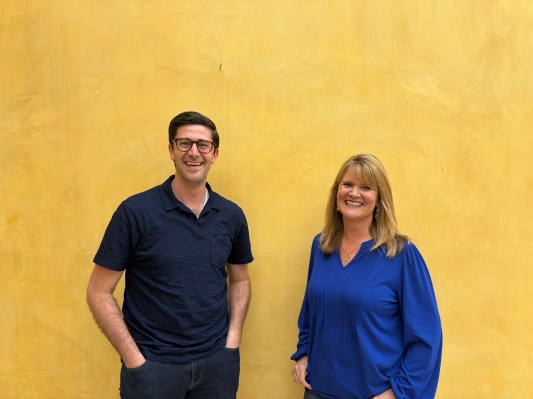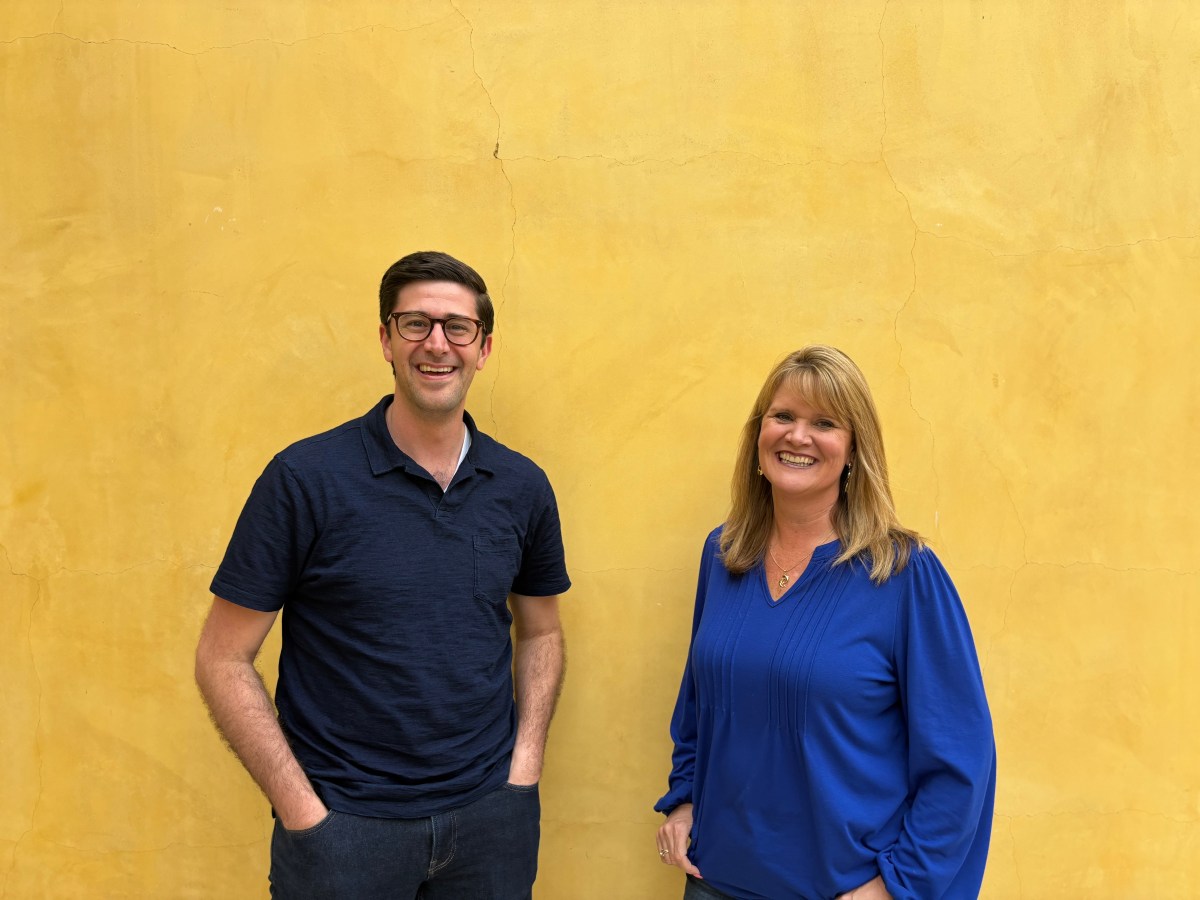Two Chairs raises $72M Series C in equity and debt to scale its therapist network | TechCrunch

When Alex Katz founded Two Chairs in 2017, he firmly believed that in-person therapy is the most effective for behavioral health.
Two Chairs used technology — a proprietary matching algorithm — to find the best possible therapists for its clients, but treatments took place primarily inside one of the startup’s half a dozen stylishly designed clinics located in prime locations throughout the San Francisco Bay Area.
But when COVID-19 erupted and the whole world moved online, the company was forced to reconsider its face-to-face approach. While Two Chairs now operates at least one brick-and-mortar site in each of the three states — California, Washington and Florida — it serves, the majority of the company’s more than 500 therapists treat clients virtually.
The adaption of the remote-first treatment model has likely helped the company to grow faster (and certainly less expensively) than it would have had it continued to emphasize seeing patients in person. Two Chairs says its revenue expanded eight-fold over the last three years.
On Tuesday, the company announced a $72 million Series C equity and debt financing led by Amplo and Fifth Down Capital, bringing Two Chairs total funding to $103 million. Amplo also led the company’s $22.5 million Series B in August 2019. The debt portion, which comprised the minority of the latest capital, was provided by Bridge Bank.
Two Chairs is one of the latest therapy startups to raise substantial funding rounds. Last week, Grow Therapy, a three-sided mental health platform for therapists, payers and patients, raised an $88 million Series C round led by Sequoia.
Katz says that the primary difference between his company and other virtual behavioral health platforms, including Talkspace and Teladoc-owned BetterHelp, is that Two Chairs employs the “vast majority” of its therapists while most competitors contract with their clinicians. “That enables us to select therapists that we think are really high quality, and then we can train them on how to use measurement-based care,” he explained. Clinicians who use measurement-based care (MBC) could improve outcomes and reduce costs by assessing patients’ progress against standard metrics, but only a small portion of therapists use MBC in their practice, according to Katz.
Availability of remote therapy from independent clinicians, established institutions and startups like Two Chairs has been helping solve the shortage of mental health professionals in the U.S., but Katz says that online psychotherapy is not the panacea.
“While it has gotten easier to find a therapist because of different digital platforms, it’s still just as hard to find the right therapists and really high-quality care, and that’s the problem we’re trying to solve,” he said. “We still have far more demand than we can serve.”
Two Chairs will use its new capital to hire more therapists, expand into new states and improve its technology. The company currently offers its services for the price of a co-pay to Aetna and Kaiser Permanente health insurance holders and charges $226 a session for other individuals.
As for whether AI could one day replace mental health professionals, and therefore make a business like Two Chairs even more effective, Katz wasn’t so sure it’s possible anytime soon. “It is such a human, emotionally driven job, and that’s only possible [to do well] with a great therapist in the room,” he said.




